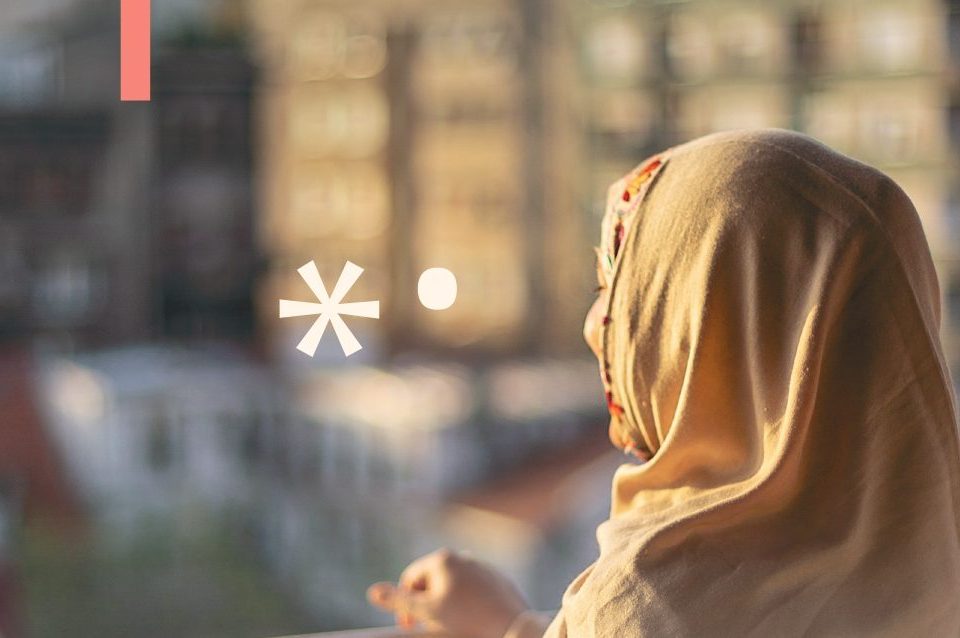
ADRA calls out to challenge the shame of menstruation and period poverty!
08/03/2021On Tuesday, September 26, 2023, we hosted a narrative café event. A narrative café is a gathering where people come together to discuss stories and personal experiences in a relaxed, safe, and friendly atmosphere. This format of interaction serves as a bridge between scientific research, humanitarian organizations, and refugees.
At this event, held at the ADRA Community Center, researchers created an open and friendly space for conversations with refugees from Iran and Afghanistan on the topics of migration and religion. The event transpired in a positive atmosphere, enriched by laughter, the exchange of stories, and experiences. The discussion encompassed a wide range of challenges faced by foreigners in Serbia, as well as the difficulties related to obtaining refugee status (asylum). Conversations delved into cultural similarities and differences between Iran, Afghanistan, and Serbia, the pressures and freedoms of practicing religion, the celebration of religious holidays, and religious practices in churches and mosques.
Insights gained from this dialogue will be analyzed alongside insights from narrative cafés held in Turkey and Austria. In other words, this is part of a comparative research project. Researchers will use these insights to write scientific papers that will be published in a collection by a leading publishing house. Scientific research grounded in theory and practice is crucial for a better understanding and addressing the challenges faced by refugees.
The researchers who conceptualized the narrative café are part of the COST Action “Connecting Theory and Practical Issues of Migration and Religious Diversity” (COREnet). COST Actions represent an intergovernmental framework for scientific collaboration, facilitating the connection of scientific initiatives across Europe and enabling scientists to develop their ideas and share them with communities. This collaboration between science, humanitarian organizations, and refugees demonstrates that such events can be incredibly valuable for a deeper understanding, raising awareness, and enhancing cooperation in the field of migration and religious diversity.













